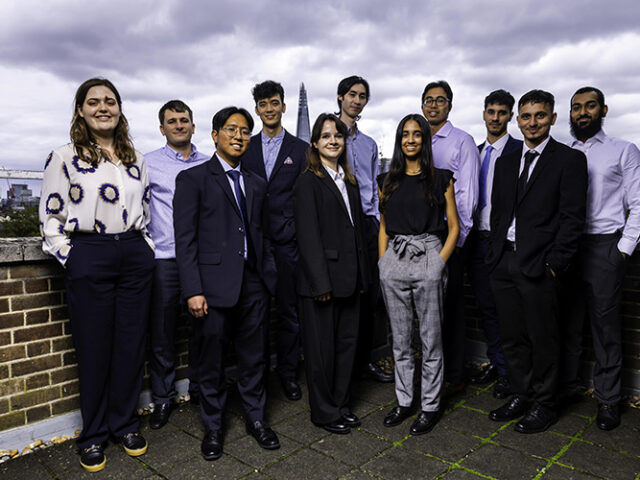The 2025 ‘One Big Beautiful Bill’ Act was pitched as simplicity itself: fewer loan programmes, tighter borrowing limits, and a return to what President Trump called “responsible” lending. But in practice, it has redrawn the American higher education map.
The law slashes lifetime federal borrowing to between $31,000 and $57,500 – barely enough to cover a few years at many universities – and eliminates the sweeping forgiveness programmes of the Biden years. For students and parents, the times could hardly be more difficult.
Faced with these – or any financial – changes, many Americans are seeking a new kind of guide: the generative AI chatbot. ChatGPT, Perplexity, and Grok – digital advisers with vast databases and polished, never-sleeping prose – are increasingly the first stop for people seeking personal finance advice. Yet a new analysis by InvestorsObserver, a research-driven finance advice outlet, suggests that relying on these bots may carry hidden dangers.
All three tools can recite the new borrowing caps and the policy’s broad contours. Where they differ is in tone, depth, and the subtle cues that shape a reader’s sense of risk. ChatGPT is smooth and conversational, focusing on affordability and practical planning.
But Sam Bourgi, Finance Researcher at InvestorsObserver, warns that this tone can be disarming: “In skipping over the realities of private loan debt and the disappearance of income-driven repayment plans, ChatGPT risks giving families the impression that safety nets remain. They don’t.”
Perplexity, by contrast, preaches caution and emphasises scholarships, 529 savings plans, and conservative borrowing. Its flaw, says Bourgi, is credibility by optimism: “It talks about graduating debt-free as if it were still an attainable norm, when for most students – especially at public universities where full costs can surpass $60,000 a year – loan caps guarantee a funding gap.”
Grok is the data obsessive: tables of repayment scenarios, line-by-line comparisons of loan types, interest rates down to the decimal. For the financially literate, it’s a treasure. But its density risks collapsing under its own weight.
Bourgi notes that Grok “sometimes normalises high-interest private borrowing, burying the harshest consequences – no federal protections, long-term repayment traps – in a thicket of numbers.”
The differences go further. Perplexity and Grok address racial and socioeconomic factors. ChatGPT tends toward neutrality unless prompted. For first-generation or low-income students, that omission matters.
As Bourgi puts it: “AI advice can’t just be technically accurate – it has to grapple with the lived reality of who gets left behind. Otherwise, it risks widening the very inequities it’s supposed to solve.”
To be clear, none of these bots invent facts. They reflect the letter of the new law accurately. But they falter in different ways: soft-pedalling risks, framing severe funding shortfalls as minor, or overwhelming users with technical detail. In a system that now demands precision and foresight, these shortcomings could steer students into decisions that shadow them for decades.
The study sends an important message to parents: chatbots are a good starting point, not a final authority. According to Bourgi, families are encouraged to:
- Cross‑check advice with official resources like StudentAid.gov and their child’s financial aid office
- Ask follow‑up questions that quantify risks: How much more expensive will repayment be without hardship protections?
- Be sceptical of simplicity. Responses that make debt-free college sound broadly achievable may gloss over competitiveness or scarcity of scholarships
- Seek human advice before signing private loan agreements or assuming repayment will adjust if times get tough
“Think of AI as the first draft of your financial guide,” Bourgi notes. “Before you commit your signature – and your future income – make sure a human expert has reviewed your path.”




